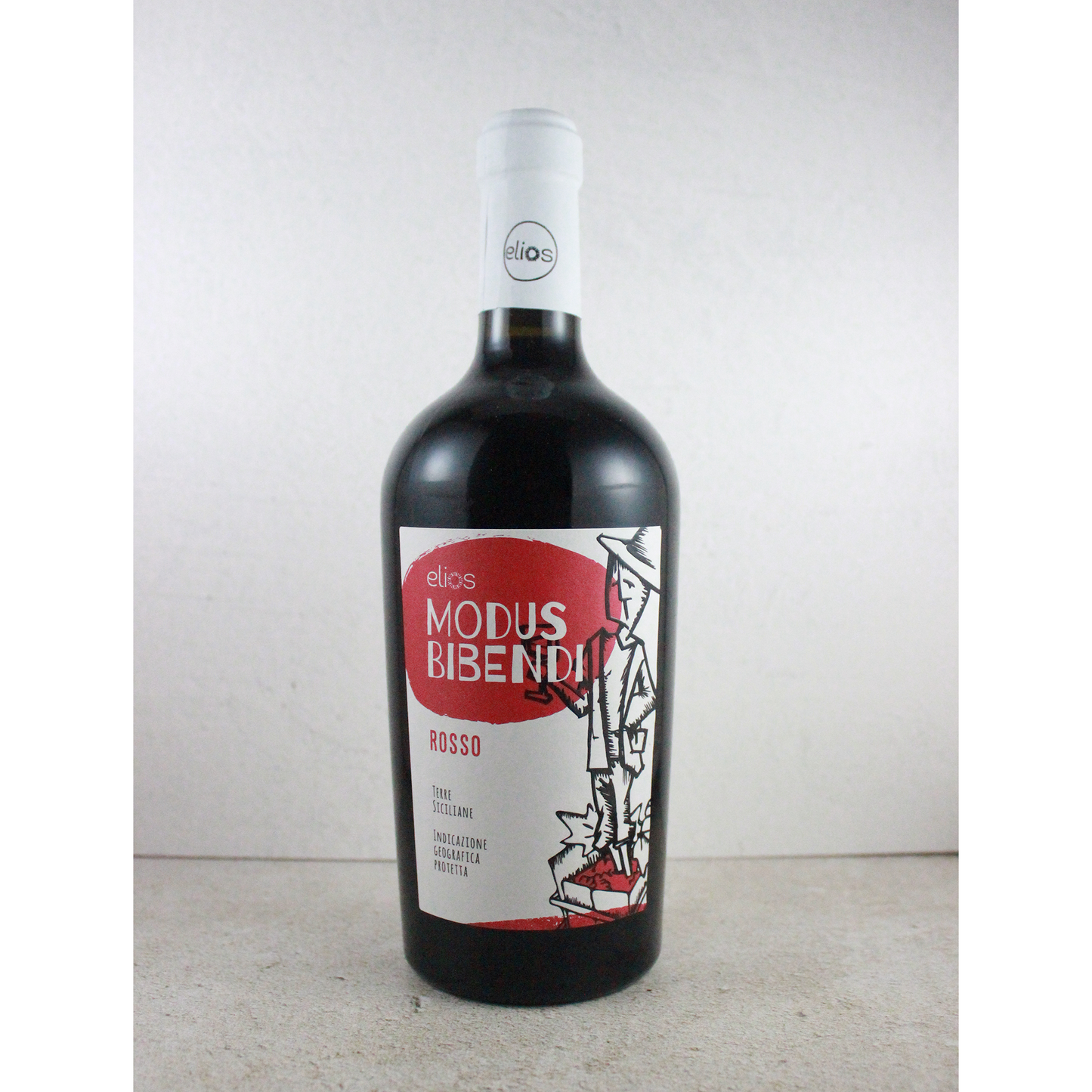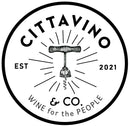Cittavino_co
Elios 'Modus Bidendi’ Terre Siciliane IGT (nero d’Avola)
Couldn't load pickup availability
Elios came about in 2015, when two friends- Nicola, a software engineer; and Guido, an Enologist and winemaking consultant- felt the calling back home to Sicily, to revitalize their family's agricultural holdings, which had been under the thumb of the industrial groups, selling grapes and olives for next to nothing.
This calling back to the land is a running theme in Italy and around the world: the tie we feel to the earth and to sink our hands in the soil is real. Fed up with working for other people’s dreams, Nicola and Guido had the courage to answer the call. All their holdings are in the Province of Trapani, near Alcamo. The Nero d’Avola comes from Camporeale, in Contrada Valdibella, 20 km from the sea (4 hectares). It is more inland and higher in elevation than the Alcamo area, which means they harvest a little later- mid-September.
This nero d’avola drinks much differently than its eastern Sicily counterparts. It had less acidic lift (though, there’s still acid! We’re still in Italy, after all), with tannic structure and fruit density. Likely this density and tannin come from the clay in the soils and longer maceration on the skins. The brightness is still maintained by decent elevation and the calcareous content in the soil. Interestingly, they also use chestnut tonneaux sized barrels for aging. This used to be a tradition of Sicily, lost to the French technique of using toasted French oak, that is gaining momentum again in the present day. Already almost 5yrs old, this wine still had life in it. Enjoy with heartier dishes: stews and red meats from the grill.
By making wine through a low intervention winemaking process (spontaneous fermentation, without using chemicals or additives etc.), from the grapes that their parents sold to major wineries, they are giving themselves and their greater community a new chance. Practically all in their province of Trapani are great vines cultivators but not winemakers. Nobody wants to risk any cent nowadays to make wine. People prefer to be sure to sell the grapes for nothing to big wineries, thus living in a comfort zone but at the same time complaining cyclically about the price and the low profit farming model.


